A war has been raging in Yemen for 9 years, yet the international committee seems to have forgotten about it. Ukraine is in the focus of all attention. What can be the explanation for this difference?
– In the past, the Yemen war has been discussed with a bad narrative. In the eyes of the international community, Yemen has only been a battleground in the conflict between Saudi Arabia and Iran, which is a mistaken view. As a consequence, no attempts have been made to resolve the root cause of the problem, only the humanitarian crises have been managed. Let me make an illustrative example.
Europe had not paid much attention to Iranian drones, until they were deployed in Ukraine.
– Now suddenly everybody speaks about the Shaheds, even though we have been warning about the threat posed by them for years. I understand, of course, that the Ukraine war is raging at Europe’s doorsteps, which explains the completely different approach.
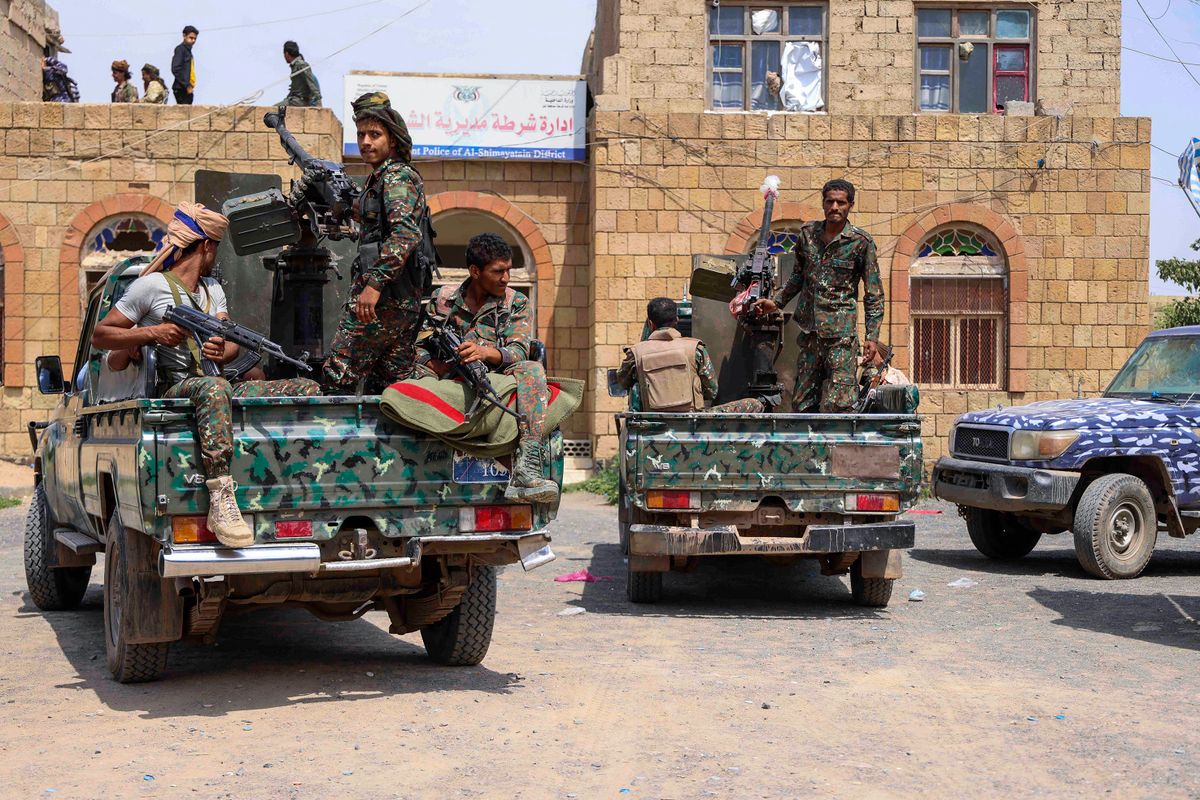
Some Western states have outright rejected to sell weapons in “conflict zones” so far. Now the same states are pouring weapons into Ukraine. Isn’t it strange?
– The reason is that they have seen Yemen from the humanitarian perspective presented by the media, and it put decision-makers under huge social pressure.
In our case, they argued that arms shipments to the Yemeni or Saudi army would just add fuel to flame, and the war would be escalated.
By that, however, they only prolonged the war. In 2018, for example, the Yemeni military launched an attack to liberate Hodaidah. This is the largest port city of the country, with 80 percent of aid shipments arriving there. Yet people suffer from malnutrition the most there. Victory was imminent, we were 5 kms away from taking back total control over the city. All of a sudden, however, we receive huge pressure from the media, international NGOs, and European governments, to halt the attack due to humanitarian reasons. We entered the talks, but what has been realised from that agreement? Nothing! The houthis, however, regained control over Hodaidah, and now they are using the city to launch attacks against international shipping routes. Ukraine’s case has been a good lecture to us.
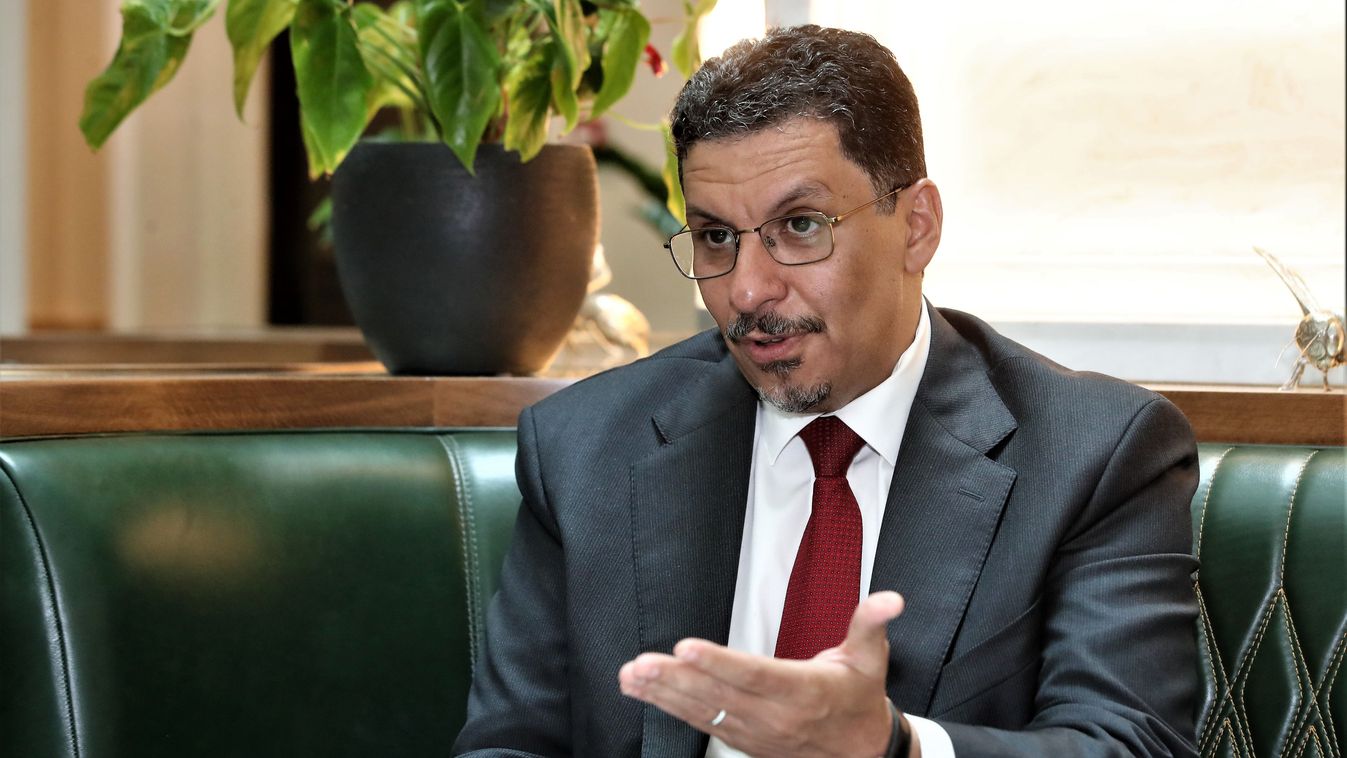


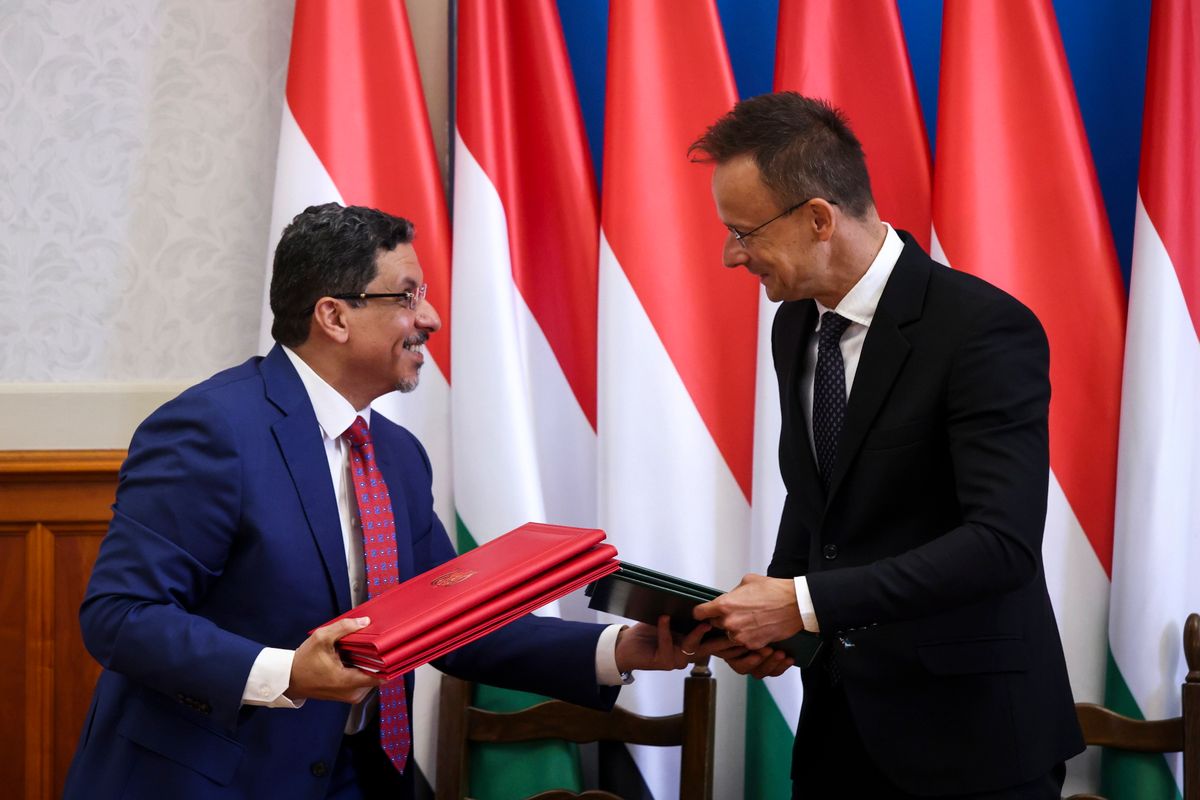
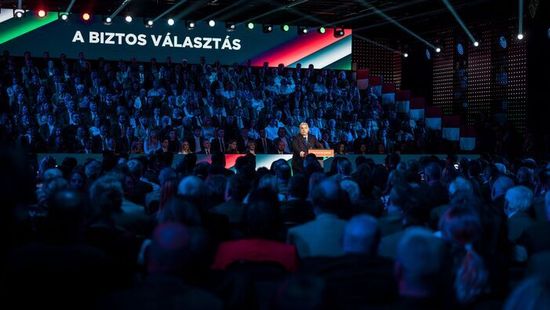
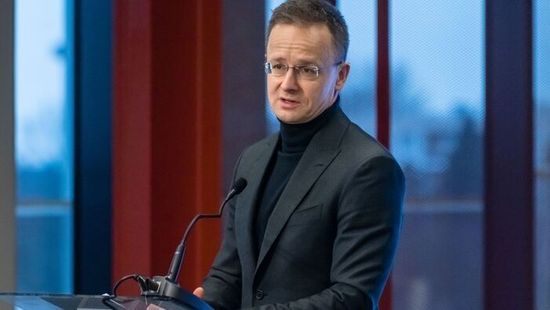
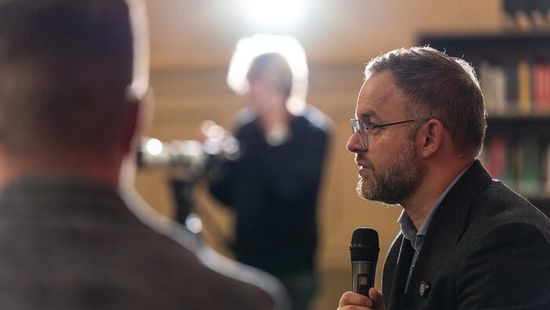
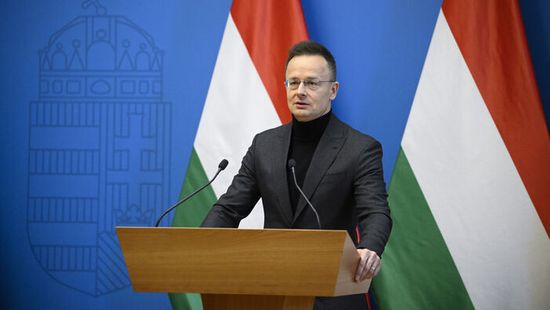

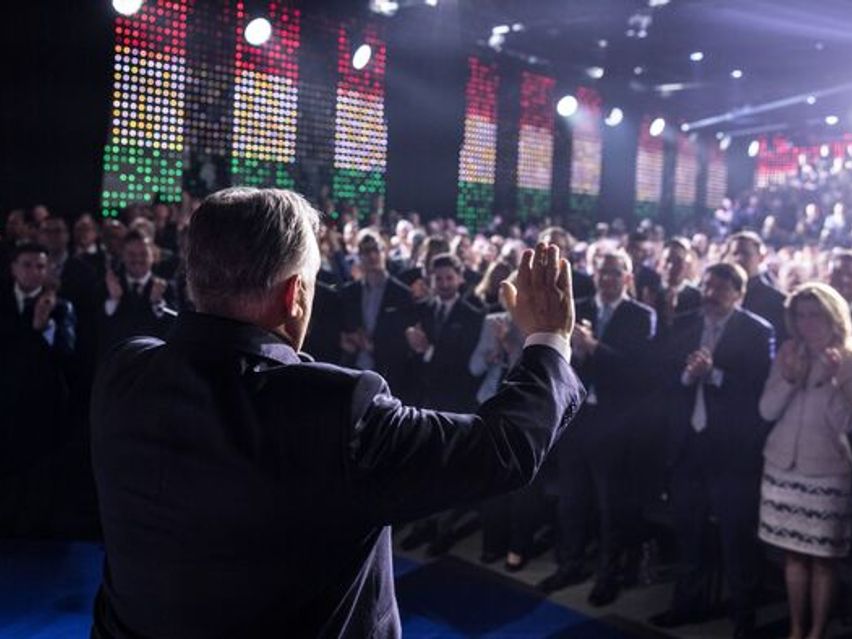

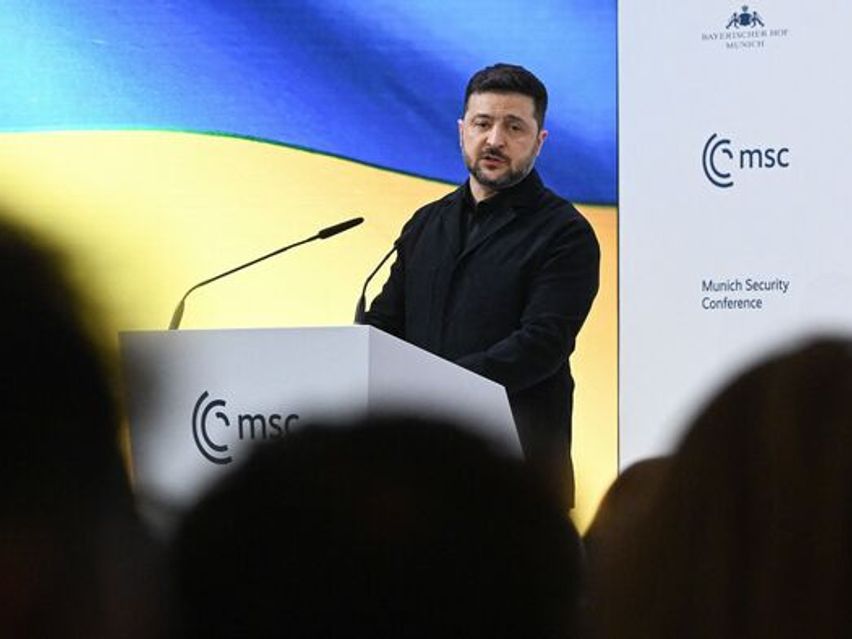
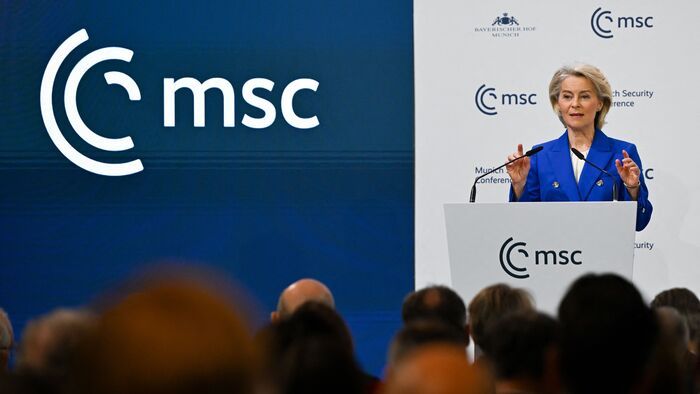

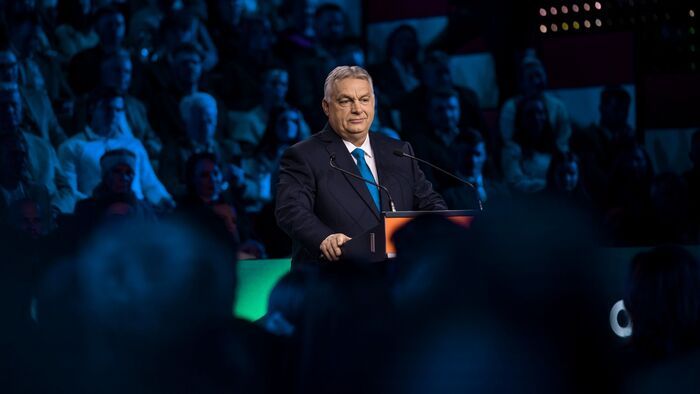
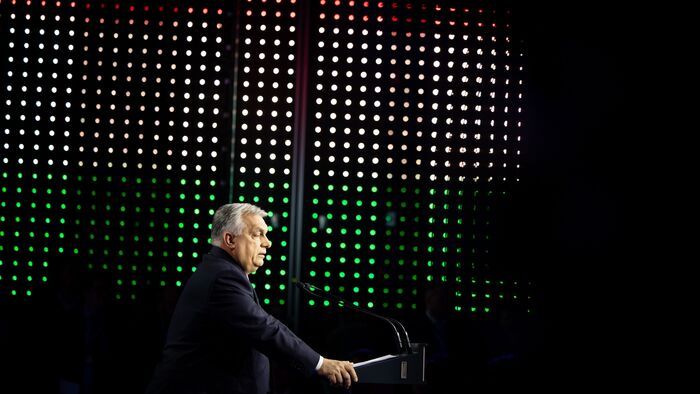

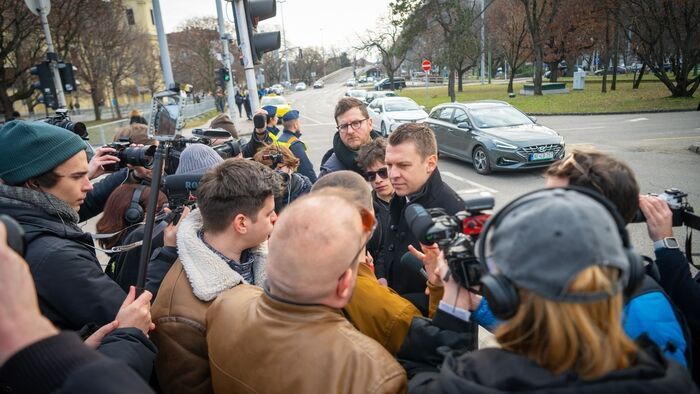
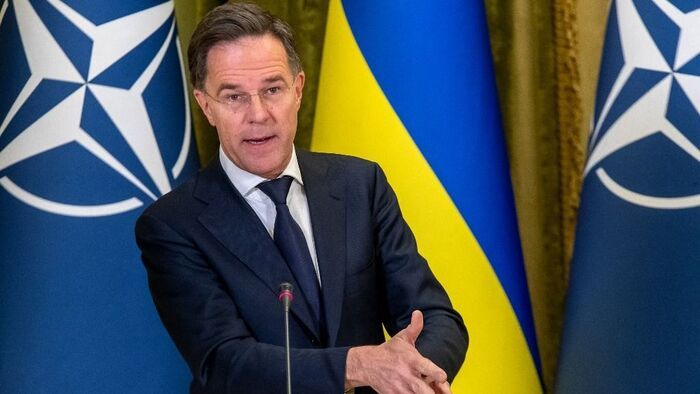
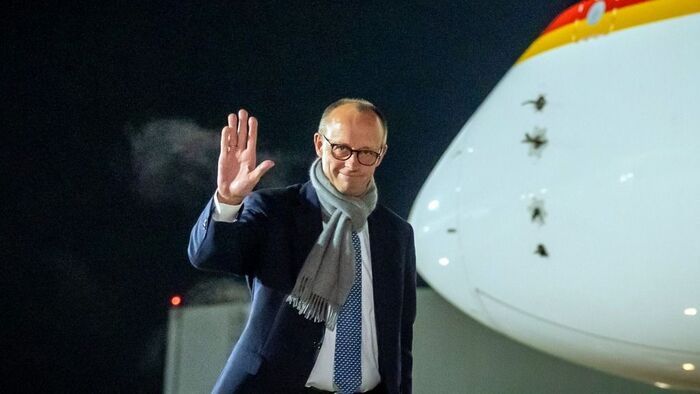






Szóljon hozzá!
Jelenleg csak a hozzászólások egy kis részét látja. Hozzászóláshoz és a további kommentek megtekintéséhez lépjen be, vagy regisztráljon!